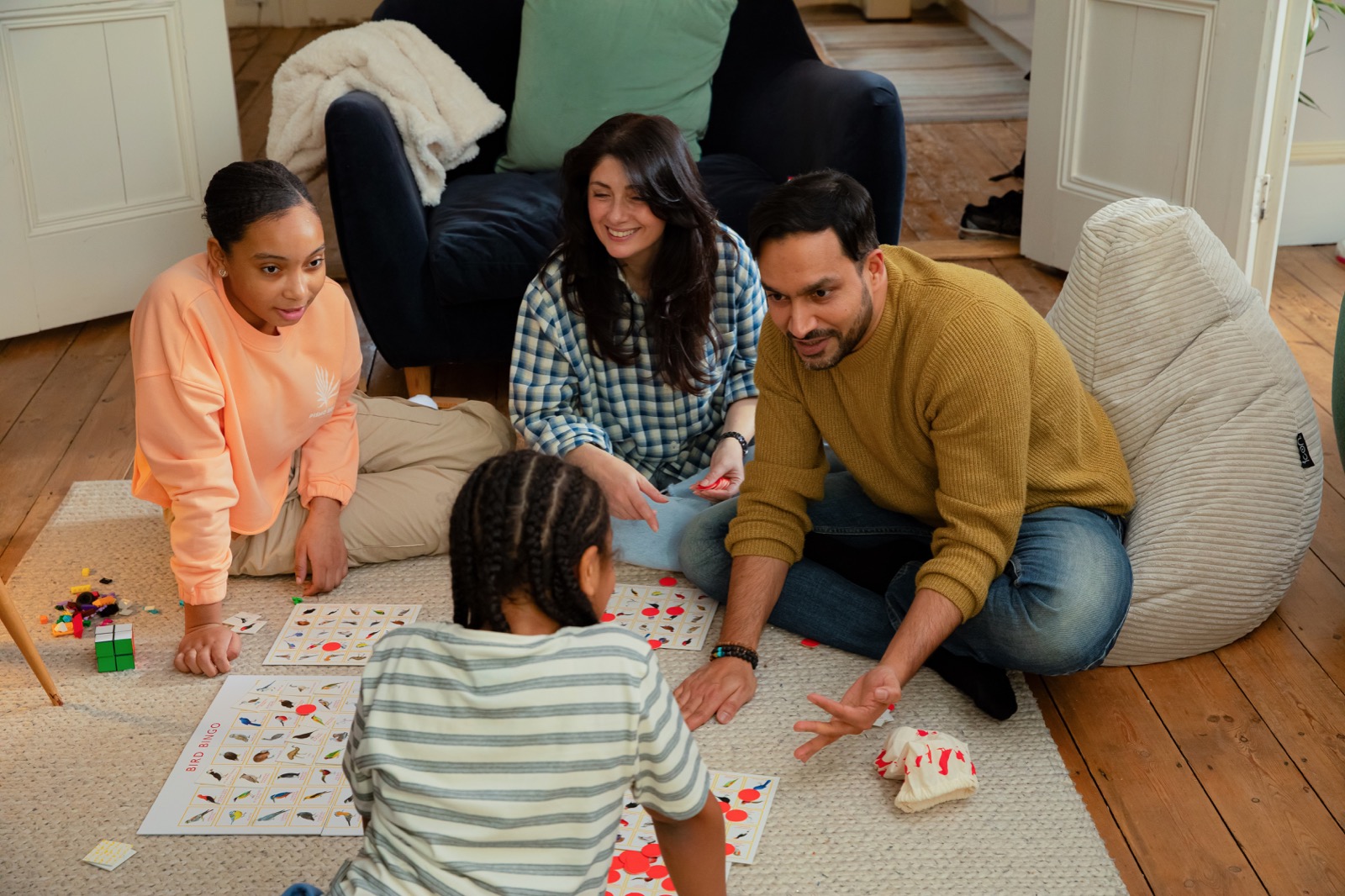When you decide to become a foster carer, one of the first decisions you’ll make is who you want to foster for, and it can be confusing trying to work out which organisation is right for you and your family.
Many foster carers choose to foster with their local authority, but there are also independent fostering agencies (IFA) which are split into three types: charities, not-for-profit and commercial.
Local Authority Fostering South East is a partnership of local councils. We are not for profit and we will always try to match children with our own carers first which helps to keep children close to their friends, family and school and will mean you have the first opportunity to foster local children.

All of the support and training we offer is provided locally and this is often the reason foster carers transfer to us from an independent agency. One foster carer recently commented that they wished they had done this sooner. But it’s not just children that foster carers help. Foster carers support our communities by helping children to stay closer to home when it is safe for them to do so.
What makes us different?
We asked our foster carers in the South East what they thought makes fostering with their local authority unique. This is what they told us. Local authorities….
- Are not profit-making
- Give foster carers easy access to support services
- Offer local training
- Include their foster carers as part of the team
- Give their foster carers employee benefits
- Give foster carers more of a say in who they care for and use in-house carers first
- Are grounded in their local community
Why choose us for your fostering journey?

Keeping children local
Being in care can be an unsettling time and this can be made much harder when children have to move to an unfamiliar area. Local authority foster carers care for local children, which means they are often able to retain important links, like friendship groups, schooling and hobbies

No profit motive
Local authorities are not-for-profit organisations which means the interests of the children we care for are our priority. Our money is spent on ensuring children have somewhere safe to call home and supporting our foster carers to provide this

Becoming part of the South East’s fostering family
Becoming a local authority foster carer in the South East means joining our network of over 2,800 amazing carers, all sharing knowledge and working together to build brighter futures for children

Part of a professional network
Local authorities have a statutory responsibility for children’s social care within their area. Our carers become part of the professional network directly involved in fulfilling this responsibility, working closely with other agencies involved in children’s social care including: schools, health services, and youth support organisations. This ensures children receive comprehensive support across various domains of their lives

Stability and continuity
Local authorities often have longstanding relationships with foster carers and are committed to providing stable placements for children in their care. We take a holistic approach when matching children with foster families, considering the individual needs, preferences, and strengths of both to provide the most suitable and supportive environment throughout your time together

Local training and support
Local authority foster carers have access to local support and training opportunities which is tailored to their needs and the needs of the children in their care. This includes access to: social workers, counselling services, training programmes, support groups and the Mockingbird programme. These are provided locally, making accessing them and the wider fostering support network a lot easier
New foster carer or looking to move organisations?
Whether you’re just starting out on your fostering journey or are an experienced foster carer, get in touch and speak to our friendly recruitment team who can tell you more about why you should foster with your local authority.
